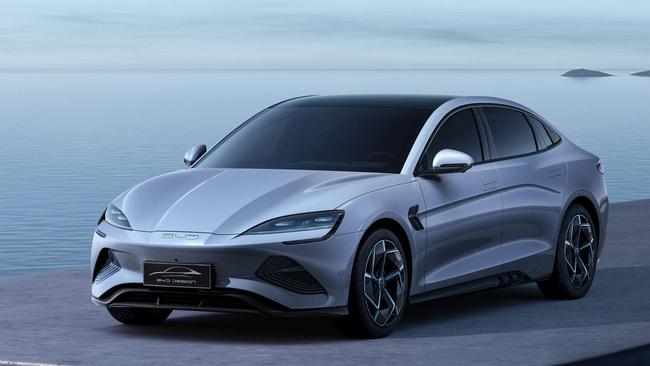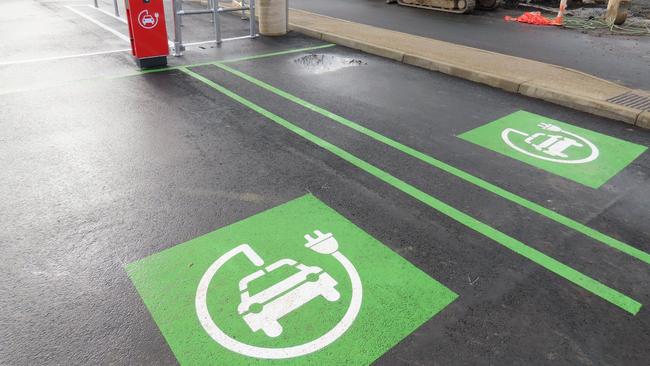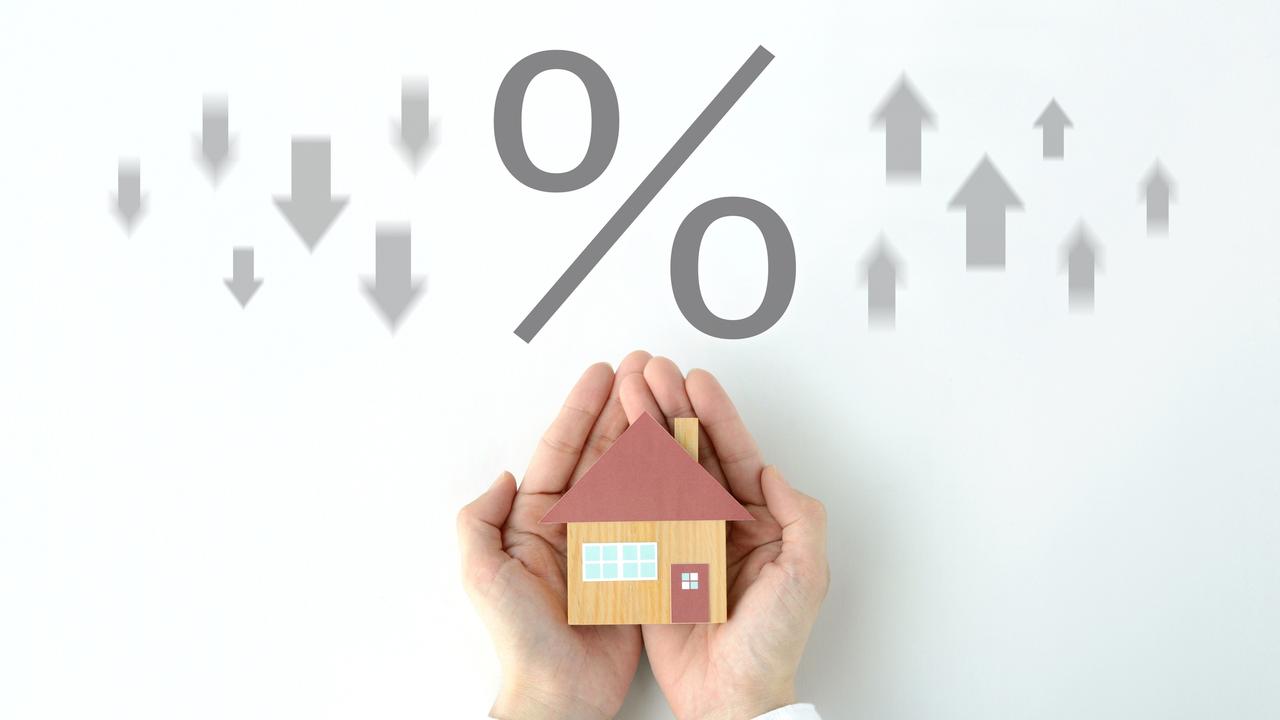Electric car discount bill set to make EV leases tax deductible
The Albanese government’s ‘electric car discount bill’, once passed, will make EV leases 100 per cent tax deductible, turning the new car market on its head.

A bill currently going through federal parliament has the potential to turn the Australian new car market on its head. Serious tax concessions are being offered to new car purchasers if they choose an Electric Vehicle and could be the tipping point for people to finally get into an EV without spending significantly more than a combustion engine alternative.
Although electric vehicle sales have doubled in the past 12 months, Australia still lags the rest of the world with regard to the uptake of EVs. China is experiencing an EV boom with 6 million new EV’s set to hit their roads this year representing about a quarter of new car sales.
Here in Australia, EV’s still account for less than 2 per cent of new car sales with 9,680 new EV’s on the road during the first 6 months of 2022.
The new government aims to change that picture: Introduced by the Albanese government in late July, the electric car discount bill was described by treasurer Jim Chalmers as: “good for motorists, good for employers and their workers, and good for climate action.”
This is how it works. You need to purchase an EV under what is known as a novated lease, which is a salary packaging arrangement offered by most employers. Currently, people who take out novated leases generally use what is known as the ‘employee contribution’ method. With this, part of the lease cost is paid using pre-tax income and part is paid using post-tax income. The reason why part of the lease is paid from post-tax income is to reduce fringe benefits tax to zero.

And this is where the new rules look really good. Once passed, they will be backdated to commence from 1 July 2022 and allow people to take out novated leases using 100 per cent of their pre-tax income to fund the lease payment and ongoing operating costs.
In other words, no after tax contribution is required. Your full pre-tax income is able to be used to finance an EV and pay its ongoing costs with no log book required. The more you earn, the greater the tax saving by salary packaging an EV.
For someone on the 47 per cent marginal tax rate, $10,000 in after tax car expenses requires pre-tax income of $18,868. Whereas if you salary package $10,000 of car expenses under an EV novated lease, you’d still have $8,868 in income left over before tax; $4,700 after tax. The tax benefits of the new rules are particularly attractive to those on the top tax bracket.
The purchase price of the car needs to be less than $84,916 and is available for a wide range of environmentally friendly vehicles such as battery electric cars, hydrogen fuel cell electric cars and plug-in hybrid electric cars, of which there are about 20 different models available in Australia at present.
Alex Davis, director of sales at novated leasing specialist leaselab says: “We are excited about this new initiative from the federal government and have been fielding dozens of enquiries a day from people interested in purchasing an electric vehicle under this tax effective novated lease arrangement.”
Novated leases have traditionally been a popular choice for people looking to tax effectively structure a vehicle purchase and the new EV rules will push their tax efficiency even further. Luke Star, certified practising accountant with Star & Associates says: “When purchasing any car via a novated lease, the purchase does not include GST, which can save people up to $5,885 off the price of the new car, and similarly, when the car is sold, the proceeds of sale is not taxable for the employee.”
There are also a growing number of affordable EV options from the Hyundai Leaf hatchback at around $50,000 to the soon to arrive BYD Atto 3 SUV which will come in under $60,000 on road. And as car manufacturers move away from combustion fuel engines to EV’s we can expect more options and even lower prices in the years to come. But the main issue today is the shortage of stock, with the wait times on some of the more popular EV’s being 12 months or more.
Providing tax incentives to increase the take up of EVs via salary packaging arrangements also has broader benefits for the environment. As the novated leases expire, some will choose to pay out the residual and keep the EV, whereas many will sell the car and start a new lease with a new EV. This means that the availability of second hand EV’s will increase over the next few years, allowing people who cannot afford a new one a chance in the secondary market.
The combination of several state schemes that waive stamp duty on EV purchases in addition to the GST reduction and the pending novated lease tax changes make for a compelling argument to consider an EV from a financial perspective, regardless of your environmental position.
James Gerrard is principal and director of Sydney planning firm www.financialadvisor.com






